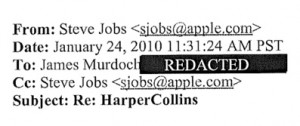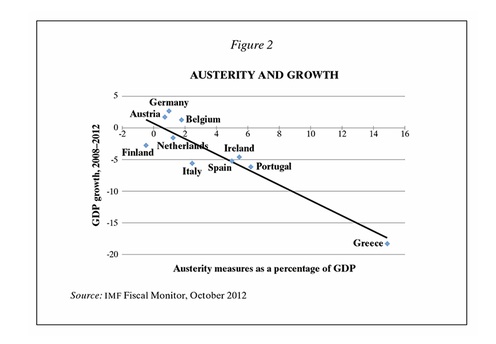Well, well. The US Air force is buying 18,000 32G wifi-only iPads and expects to save $50M as a result.
Using lightweight iPads instead of heavy paper flight manuals will amount to $750,000 annual savings on fuel alone, a spokesman for the Air Force’s Air Mobility Command said in an interview with James Rogers of The Street. And the AMC will no longer have to print those flight manuals either, which will save a whopping $5 million per year.
Major Brian Moritz, manager of the AMC’s electronic flight bag program, said the Air Force expects Apple’s iPad to help save $5.7 million per year, which would result in savings “well over $50 million” over the next 10 years.
“We’re saving about 90 pounds of paper per aircraft and limiting the need for each crew member to carry a 30 to 40 pound paper file,” Moritz said. “It adds up to quite a lot of weight in paper.”
Rogers was embedded recently with the U.S. Air Force and got to see Apple’s iPad in action. He revealed that the switch from paper manuals to the iPad could cut up to 490 pounds in weight from a C-5 aircraft.
They’ll never work on Ryanair flights, though. The pilots would have to turn their iPad manuals off for take-off and landing, and so wouldn’t have a clue which levers to pull.





